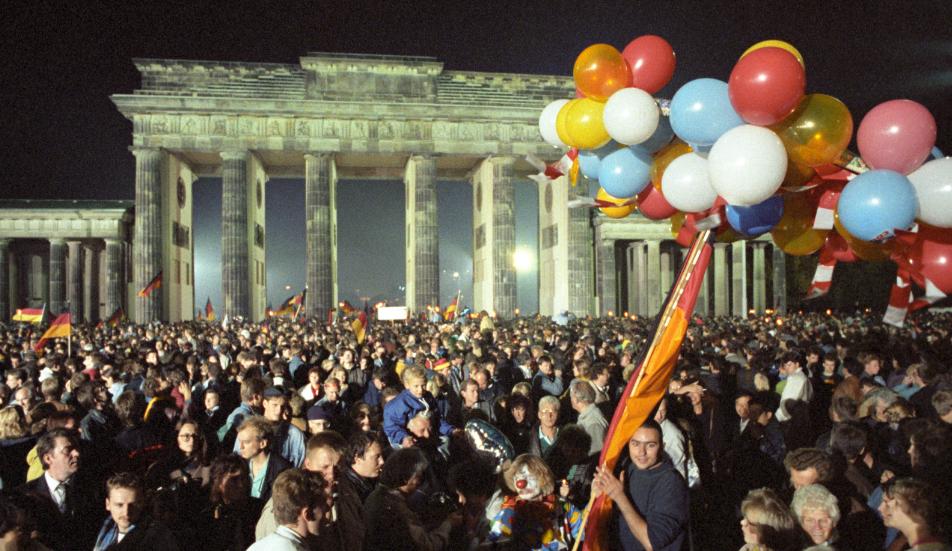Australia National Holiday is celebrated on January 26th each year. This day commemorates the arrival of the First Fleet, a group of British ships that landed in Sydney Cove in 1788, marking the beginning of European settlement in Australia. While this day is widely celebrated across the country, it is also a day of controversy and debate as it represents different things to different people. In this article, we will explore the history, significance, and controversies surrounding Australia Day, and why it remains an important day for Australians today.
The History of Australia National Holiday
The history of Australia Day can be traced back to 1788 when Captain Arthur Phillip and the First Fleet arrived in Sydney Cove, establishing a British penal colony. This marked the beginning of European settlement in Australia, and January 26th was officially declared as Foundation Day in 1818. Over the years, this day has been celebrated with parades, fireworks, and other public events.
In 1935, January 26th was officially declared as Australia Day and a national public holiday. Today, it is celebrated across the country with various events, including citizenship ceremonies, barbecues, concerts, and other festivities.
The Significance of Australia National Holiday
Australia Day is an important day for Australians as it provides an opportunity to reflect on the nation’s history, culture, and diversity. It is a day to celebrate the achievements and contributions of Australians, both past and present, and to reaffirm our commitment to a united and inclusive nation.
Australia Day also serves as a reminder of the challenges and struggles that Australians have faced, including Indigenous dispossession, cultural conflict, and social inequality. It is a day to acknowledge the past and work towards a more just and equitable future.
Controversies Surrounding Australia National Holiday
While Australia Day is a day of national celebration, it is also a day of controversy and debate. Some argue that it represents the beginning of the colonization of Australia and the dispossession of Indigenous peoples. Others view it as a celebration of Australian identity and national unity.
Indigenous Perspectives
For many Indigenous Australians, Australia Day represents a day of mourning rather than celebration. It marks the beginning of the invasion and colonization of their lands, which resulted in the loss of their culture, language, and way of life. Many Indigenous Australians view Australia Day as a reminder of the ongoing struggles and injustices they face, including high rates of poverty, unemployment, and incarceration.
Political Debates
The debate over Australia Day has also become highly politicized in recent years. Some politicians and activists have called for the date to be changed, arguing that it is insensitive and offensive to Indigenous Australians. Others have defended the date as an important part of Australian history and culture.
Alternative Celebrations
In response to these controversies, some Australians have chosen to celebrate Australia Day in alternative ways. Some have organized “Invasion Day” protests and rallies to draw attention to the ongoing struggles of Indigenous Australians. Others have opted to celebrate on a different date, such as “Survival Day” or “Aboriginal Sovereignty Day,” which focuses on Indigenous culture and heritage.
How Australians Celebrate Australia Day
Despite these controversies, Australia Day remains a significant and widely celebrated day in Australia. Australians celebrate the day with a range of activities, including barbecues, picnics, concerts, and fireworks. Citizenship ceremonies are also held on this day, where thousands of people become citizens of Australia, reaffirming their commitment to the nation.
One of the most popular traditions on Australia Day is the “Triple J Hottest 100,” a music countdown that has been held annually since 1993. The countdown features the most popular songs of the year, as voted by listeners of the Triple J radio station. It has become a beloved tradition for many Australians, who spend the day listening to music, hanging out with friends and family, and enjoying the summer weather.
FAQs
- Why is Australia Day controversial?
Australia Day is controversial because it marks the beginning of colonization in Australia, which resulted in the dispossession of Indigenous peoples. Some argue that the date is insensitive and offensive to Indigenous Australians and should be changed.
- What is the “Invasion Day” protest?
The “Invasion Day” protest is an alternative way of celebrating Australia Day, organized by Indigenous Australians and their supporters. It draws attention to the ongoing struggles of Indigenous Australians and calls for greater recognition of their culture and heritage.
- What is the “Triple J Hottest 100”?
The “Triple J Hottest 100” is a music countdown that has been held annually on Australia Day since 1993. It features the most popular songs of the year, as voted by listeners of the Triple J radio station.
- Why is Australia Day important?
Australia Day is important because it provides an opportunity to reflect on the nation’s history, culture, and diversity. It is a day to celebrate the achievements and contributions of Australians, both past and present, and to reaffirm our commitment to a united and inclusive nation.
- How do Australians celebrate Australia Day?
Australians celebrate Australia Day with a range of activities, including barbecues, picnics, concerts, and fireworks. Citizenship ceremonies are also held on this day, where thousands of people become citizens of Australia.
Conclusion
Australia Day is a complex and controversial day in Australian history and culture. While it represents the beginning of European settlement in Australia and the foundation of the nation, it also marks the dispossession of Indigenous peoples and ongoing struggles for social justice and equality. Despite these challenges, Australia Day remains an important day for Australians to reflect on their history, celebrate their achievements, and work towards a more inclusive and equitable future.
References
- “Australia Day.” Australian Government, Department of the Prime Minister and Cabinet, 2022, www.pmc.gov.au/national-occasions/australia-day.
- “History of Australia Day.” National Australia Day Council, 2022, www.australiaday.org.au/about-australia-day/history-of-australia-day/.
- “Australia Day.” Triple J, Australian Broadcasting Corporation, 2022, www.abc.net.au/triplej/programs/hottest100/australia-day.

